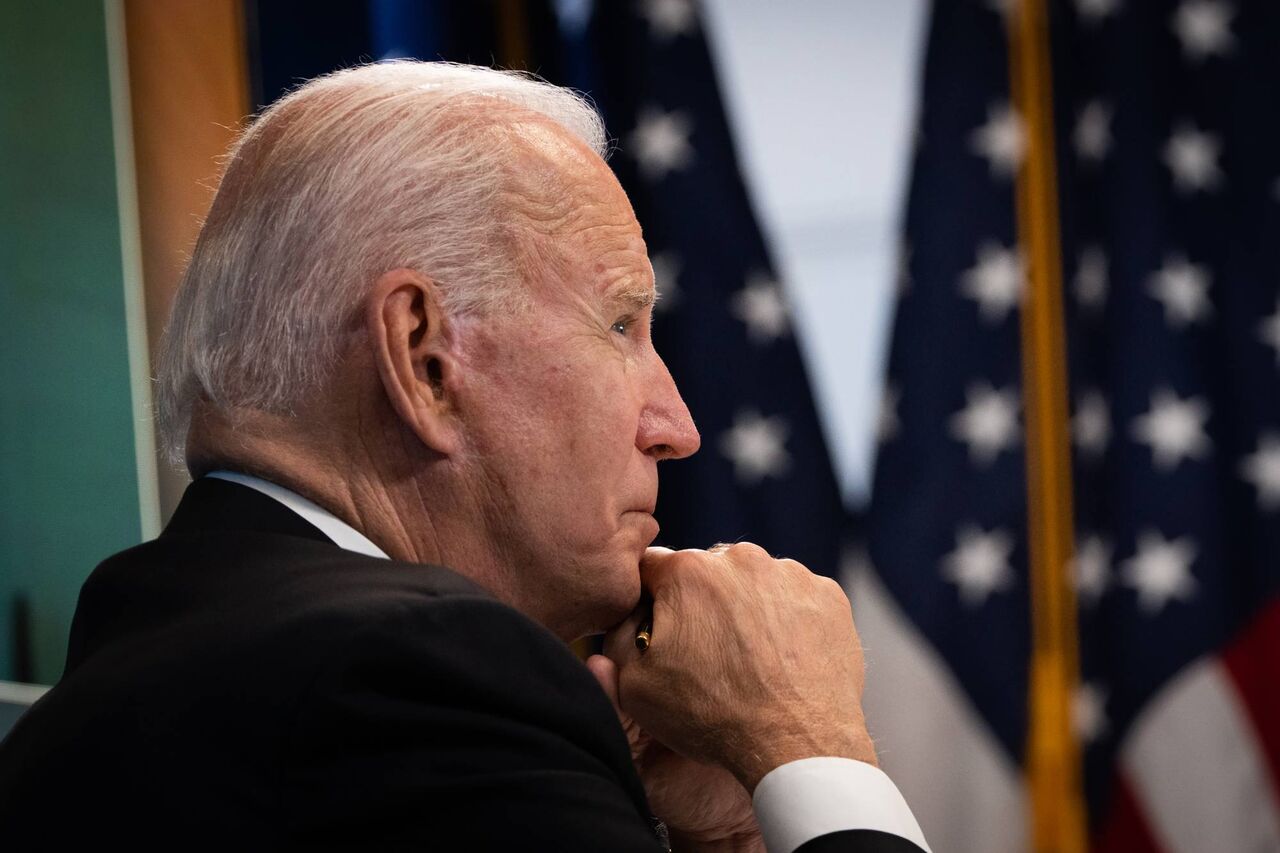Speaking to the Strategic Council on Foreign Relations, Tahmoures Gholami explained that “the US Congress can only be effective in the field of foreign policy by opposing or agreeing to a plan or bill, which also has the veto right of the US president. This means that the President of the United States can veto the law approved by Congress, in which case the law needs two-thirds of the senators’ votes to become an official law again.
He added that even if we accept that Congress has an influence on the foreign policy of the United States, it should be noted that out of the two Houses of Representatives and the Senate, the Senate is the most effective in foreign policy and plays a more direct role in the field of foreign policy in relation to the White House.
According to this expert, since the Senate remains in the hands of the Democratic Party, it can be said that the Biden government does not face any significant and serious restrictions on its foreign policy from Congress.
He emphasized that for this reason, it does not seem that he will face serious restrictions from the US Congress in the remaining two years of the Biden administration.
Gholami went on to point out that the most important issue in the US foreign policy dispute between Congress and the White House is the continuation of Washington’s support for Ukraine and said that “Given that the Senate remains under the control of the Democratic Party, it can be said that the government of Biden faces no obstacle from Congress to continue supporting Ukraine. Because not only Democratic senators agree with supporting Ukraine, but some Republican senators also agree with continuing to support this country and punishing Russia.
The expert on American issues also explained the impact of the composition of the Congress on the policy towards Iran.
“The reality is that within the United States there is consensus and bipartisan support in opposition to the Islamic Republic; This means that both the Democratic Party and prominent members of the Republican Party want to increase the pressure on the Islamic Republic of Iran. During Barack Obama’s presidency, some Democratic senators like Bob Menendez were against signing the nuclear agreement, but Obama signed it as an executive agreement that did not require congressional approval.
According to Gholami, at the same time, because the representatives of both Republican and Democratic parties have a high tendency towards Israel and have been supported by pro-Israel groups during the recent election campaigns, they also continue in line with Israel’s policies in opposition to the Islamic Republic of Iran.
This expert emphasized that “based on this, it can be said that if the Biden government decides to intensify the pressure on the Islamic Republic of Iran in a situation like the failure of the JCPOA, the Congress is ready to support the US government by passing some laws.”
He stated that in the current situation of the American Congress, any interaction between Washington and Tehran, especially regarding the revival of the nuclear agreement, has become politically costly, and said that “in this sense, the leading representatives of the two parties of the United States of America, especially the Republican Party, believe considering the ongoing protests in Iran, the Biden administration should abandon the revival of the nuclear agreement.
This expert continued that because bipartisan opposition to the nuclear deal has been formed, it seems that Biden will not be able to ignore these oppositions.
Gholami said that “before the protests in Iran, at least the representatives of the Democratic Party, especially in the Senate, supported the revival of the nuclear deal, but now they too have doubts about the necessity of revitalizing the nuclear deal.”
Finally, he explained that due to the end of the congressional mid-term elections, it is likely that in the coming days and weeks, the Congress representatives will take more positions on Iran’s internal issues.










0 Comments